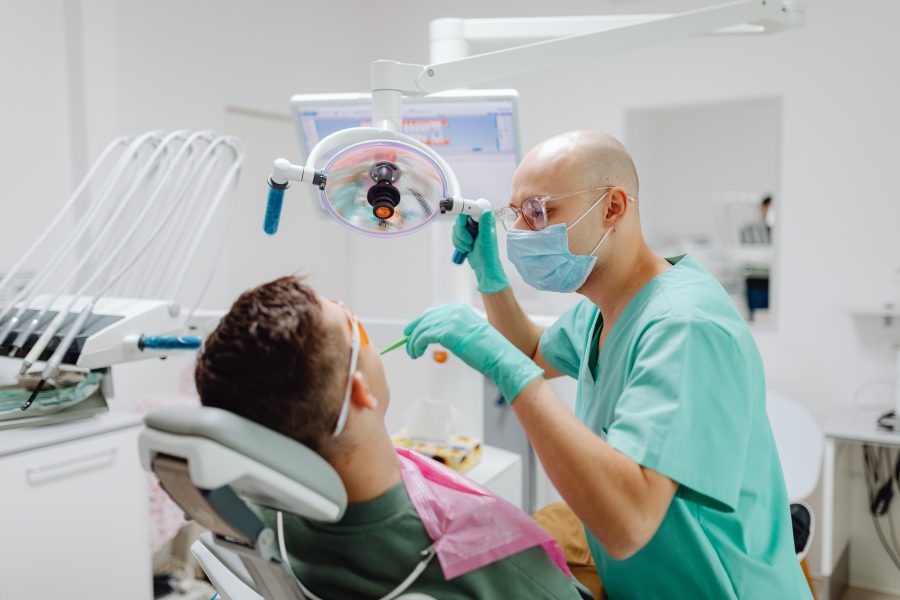Dental implants have revolutionized the field of restorative dentistry, offering a long-lasting and natural-looking solution for replacing missing teeth.
However, several factors can influence the success of dental implant procedures, and one crucial aspect is the patient's lifestyle choices. Smoking, in particular, can significantly impact the success rate and healing process of dental implants.

- Delayed Healing: Smoking can impair the body's natural healing process. Nicotine and other harmful chemicals in tobacco products restrict blood flow, slowing down the healing of the implant site after surgery.
- Increased Risk of Infection: Smokers are more susceptible to infections following dental implant surgery. The compromised immune system caused by smoking can hinder the body's ability to fight off bacteria and prevent complications.
- Bone Integration: Dental implants rely on the process of osseointegration, where the implant fuses with the jawbone. Smoking can disrupt this process, leading to reduced bone integration and implant failure.
- Gum Disease: Smoking is a known risk factor for gum disease. Healthy gums are essential for supporting dental implants, and gum disease can compromise the stability of the implant.
- Higher Implant Failure Rates: Numerous studies have shown that smokers have a higher risk of dental implant failure compared to non-smokers. The risk increases with the number of cigarettes smoked daily.
- Reduced Longevity of Implants: Smokers may experience a shorter lifespan of their dental implants due to the increased risk of complications and implant failure.
- Importance of Quitting Smoking: To maximize the success and longevity of dental implants, dentists often recommend patients quit smoking before undergoing the procedure. This can improve healing and reduce the risk of complications.
- Consultation with the Dentist: Patients considering dental implants should discuss their smoking habits with their dentist. The dentist can assess the individual's overall oral health and discuss the potential risks and benefits of the procedure based on their lifestyle choices.
In conclusion, smoking can have adverse effects on the success and healing process of dental implants. Patients who smoke should be aware of the potential risks and consider quitting before undergoing the procedure. Quitting smoking not only benefits the dental implant process but also improves overall oral and general health. As with any dental procedure, it is essential to have an open and honest discussion with the dentist to ensure the best possible outcome for dental implant patients.


